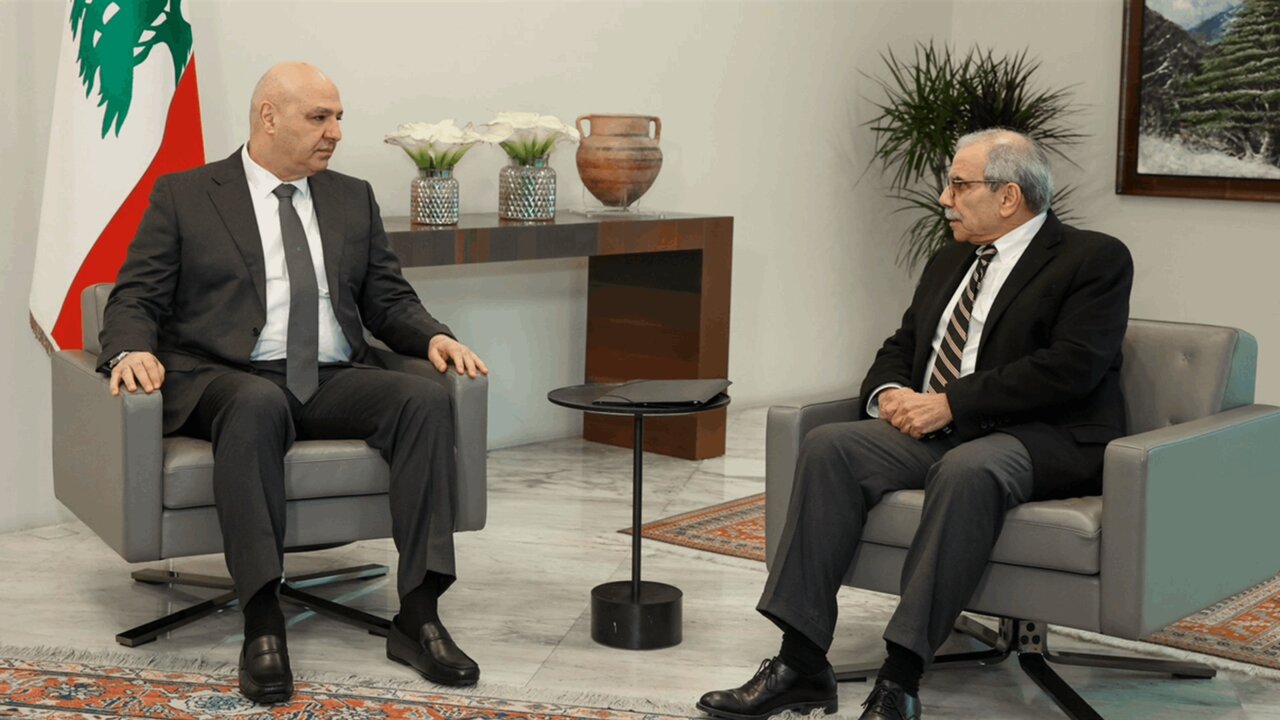
Similar Posts
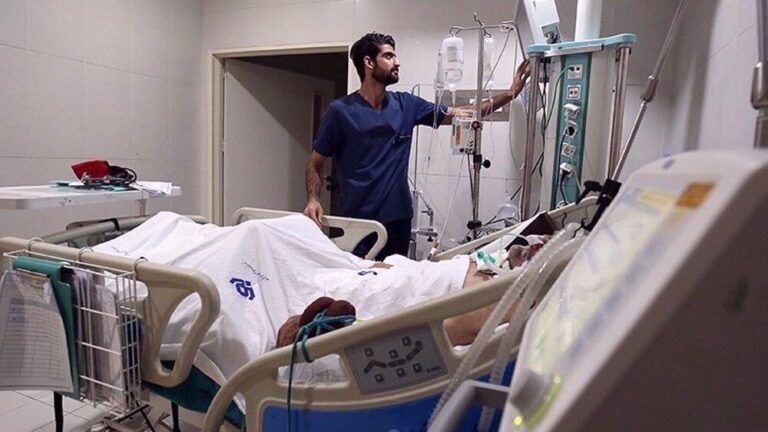
Iranian Court Demands $12.6 Billion Compensation from US for Thalassemia Patients
A Tehran court has ruled in favor of thalassemia patients affected by US sanctions, awarding $12.615 billion in damages to 438 plaintiffs. The court highlighted that these sanctions caused critical medication shortages, forcing patients to use low-quality drugs, leading to severe health complications and increased treatment costs. It emphasized the psychological and social consequences, restricting patients’ education and job opportunities. Labeling the sanctions as human rights violations, the ruling calls for accountability for their impact on vulnerable populations. This landmark decision underscores the need for prioritizing humanitarian concerns in international relations and could influence future legal and diplomatic discussions.
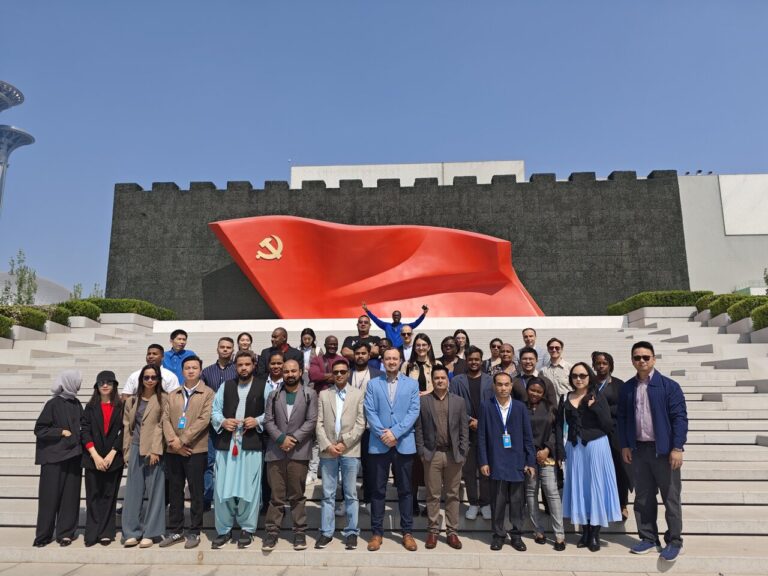
Discover China’s Modernization Journey: Foreign Journalists Experience Rich History at CPC Museum
A group of international journalists participated in a media exchange program in China, visiting the Museum of the Communist Party of China (CPC) in Beijing. The museum, rich in history, features over 2,500 photographs and 4,500 cultural relics, including 420 original artifacts. Its high-tech cinema offers an immersive experience of China’s modernization, blending technology with storytelling. Organized by the China International Press Communication Center (CIPCC), the program attracted around 120 journalists from over 100 countries, fostering dialogue and understanding of China’s cultural heritage. The visit highlighted the CPC’s historical significance and its influence on modern Chinese society.
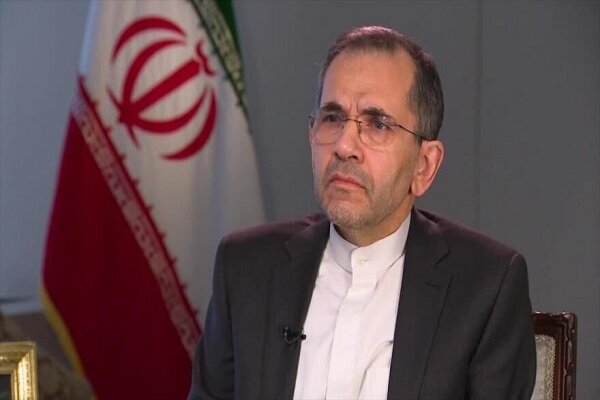
Path to Agreement: Ending US Threats and Intimidation Could Pave the Way
Iran has reaffirmed its commitment to discussions regarding its peaceful nuclear program, as Deputy Foreign Minister Majid Takht-e-Ravanchi addressed ongoing negotiations with global powers, including the U.S., China, Russia, and European nations. He expressed optimism for a potential agreement if the U.S. avoids irrelevant demands and intimidation. Takht-e-Ravanchi emphasized the importance of constructive dialogue and regional cooperation, prioritizing strong relationships with neighboring countries. His remarks reflect Iran’s strategy to engage diplomatically while asserting its principles, aiming for stability through dialogue, which could enhance international relations and foster a more peaceful environment in the Middle East.
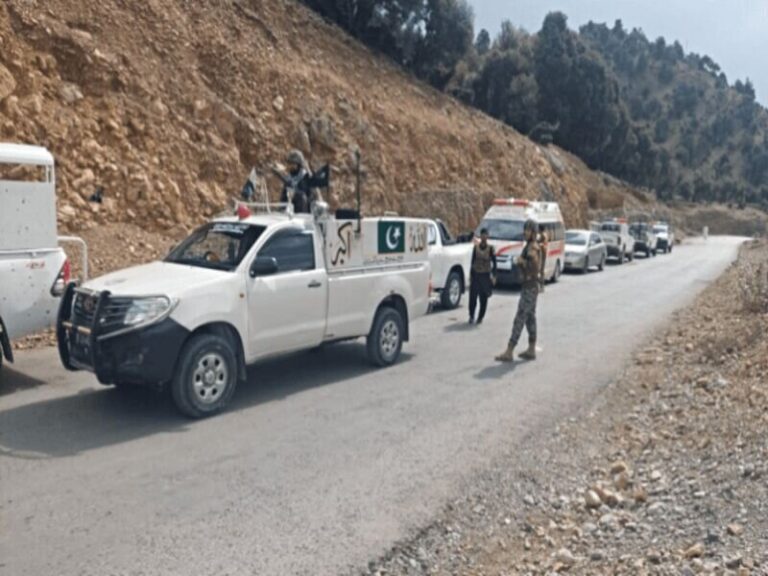
Tragic Balochistan Explosion: 5 Lives Lost, 10 Injured in Deadly Attack
A recent bombing in Balochistan, Pakistan, has killed at least five people and injured around ten, with two in critical condition. The explosion targeted a passenger bus, likely carrying security personnel, and is suspected to be a suicide bombing. The Balochistan Liberation Army (BLA) claimed responsibility, highlighting ongoing security challenges and rising violence linked to extremist groups in the region. This incident reflects a broader trend of unrest in Pakistan, prompting calls for increased vigilance and solidarity among communities. Authorities are urged to enhance security measures as the nation confronts the persistent threat of terrorism.
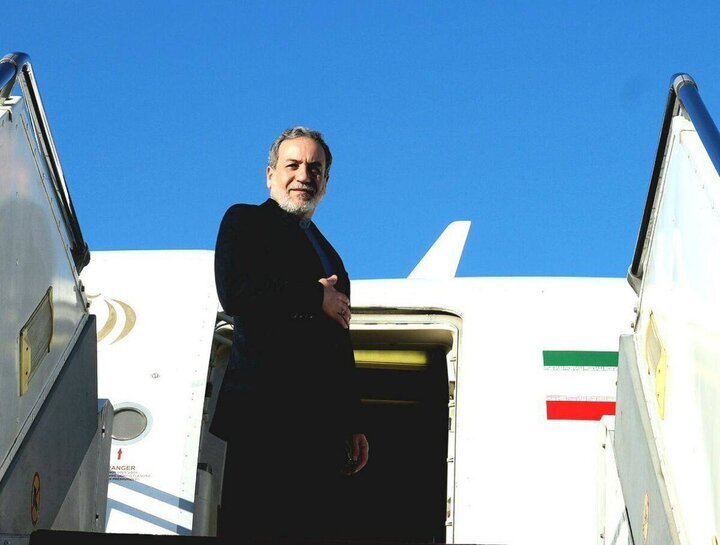
Iran’s Foreign Minister Concludes Diplomatic Visit to Algeria, Strengthening Bilateral Ties
Iranian Foreign Minister Abbas Araqchi visited Algeria to strengthen bilateral relations, emphasizing dialogue and cooperation. Welcomed by Algeria’s deputy foreign minister and the Iranian ambassador, Araqchi engaged in discussions with officials, including his counterpart Ahmed Attaf, focusing on key topics such as bilateral cooperation, regional issues, particularly the humanitarian crisis in Gaza, and international relations. The visit aims to solidify the partnership between Iran and Algeria amid regional challenges and explore enhanced trade and cultural exchanges. The talks signify a commitment to address pressing humanitarian concerns and promote stability in the region while shaping future diplomatic relations.
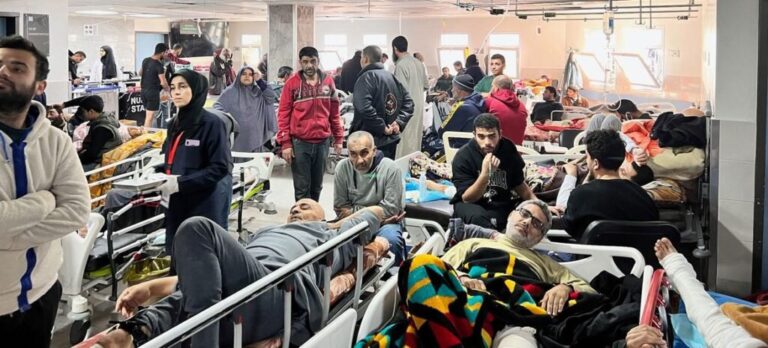
WHO Alerts: Critical Shortage of Medical Equipment in Gaza as Supplies Dwindle
The humanitarian crisis in Gaza has worsened, with the World Health Organization (WHO) reporting critical shortages of medical supplies. WHO’s regional director, Hanan Balkhy, highlighted that 64% of medical equipment and 42% of essential medicines are completely out of stock. Many medical facilities are barely functional, unable to meet the population’s needs, risking preventable deaths and complications. The WHO emphasizes the urgent need for international humanitarian aid to provide necessary medical supplies and support local health facilities. Global leaders and organizations must act swiftly to address this crisis and prevent further deterioration of health conditions in Gaza.